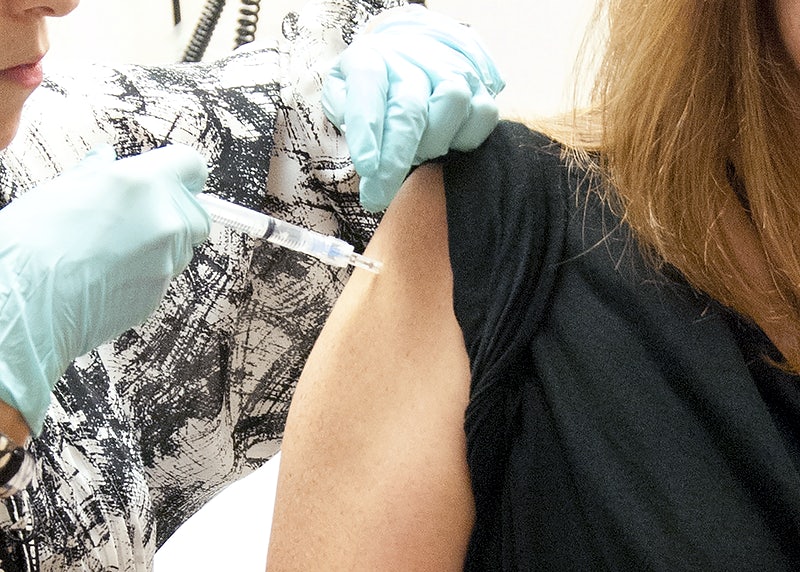COVID-19 has been at the forefront of everyone’s mind for the last several months, and for good reason. The virus has affected nearly every aspect of everyday life and many of us are treading water trying to cope. COVID-19 is still a top concern, but we must be careful to not let it overshadow another annual public health issue that is right around the corner: flu season. It’s important for the public to not forget about one, while worried about the other, as they can both pose very real threats.
Every year, the seasonal flu can kill up to 650,000 around the world, according to the World Health Organization. In the past ten months, COVID-19 has steadily crept up to the 1 million death toll mark. Health centers around the world are much better versed in dealing with the flu, while experts are still hammering out the fine details of how to manage the coronavirus.
With flu season looming, it’s important to stay informed and prepared. How will flu season be affected by COVID-19 this year? Read on for some insight.
How COVID-19 and the Flu Compare
While the two viruses can mimic one another in many ways, there are some telltale differences that can help you to discern between them. Both affect the respiratory system and can present a number of similar symptoms, the most common being high fever and dry cough. Other symptoms can include aches and pains and fatigue. A comprehensive chart outlining the similarities and differences between COVID-19, the flu, the common cold and seasonal allergies can be found here. Both viruses are transmitted through human contact, typically through mouth or nose droplets.
Perhaps the most important distinguishing factor is the incubation period, meaning the time between infection and display of symptoms, which is much longer for COVID-19 than it is for the flu. The symptoms of COVID-19 can take up to two weeks to appear, while the flu has a much faster onset of 1-3 days. This means that the flu can spread much quicker than COVID-19, affecting more people in much less time.
How They Might Affect Each Other
As if worrying about being infected with one virus wasn’t stressful enough, experts warn that they are not mutually exclusive, and that you can be infected with both viruses at the same time. They can also affect a person sequentially (one immediately after another). Also, becoming infected with one or the other typically makes the host more likely to get sick again in general, as their immune system will have been under major stress.
Being afflicted with two major respiratory viruses at the same time or in succession can have understandably negative and long-lasting effects on an individual, especially those who are elderly or immunocompromised. It is more important than ever to get tested for COVID-19 and take all of the necessary measures to keep one’s immune system strong wherever possible.

What Precautions to Take
Because the flu in its various forms has been around for much longer than COVID-19, there are more treatment and prevention methods available for the flu. The most common of which is the flu shot, and while its efficacy rate varies from year to year, it is still a much safer bet compared to no immunization.
Some have speculated that the rigorous precautions put in place in response to the COVID-19 pandemic, such as wearing masks, working from home, social distancing in public and frequent handwashing could result in not only a drop in COVID cases, but flu cases as well. In fact, in the Southern Hemisphere, where flu season recently came to an end, flu cases were drastically lower than previous years, likely due to travel restrictions and following of the aforementioned precautions.
This means that human behavior, and not seasonal weather that the flu is so often associated with, could be the main driving factor behind this particular public health issue. While this is promising news, we must be careful to not get lackadaisical. It’s up to all of us to work together and collectively make the next few months as manageable as possible!
Radius is committed to contributing to the conversation surrounding COVID-19 and providing our followers with resources and information – and access to great healthcare jobs! If you are looking for a new position in the healthcare sector, visit our job board or contact us directly at inquiries@radiusstaffingsolutions.com today.











